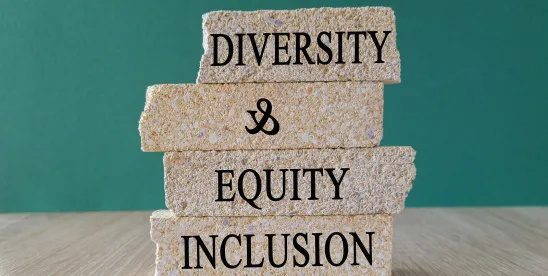In June 2023, the US Supreme Court voted 6-3 in a decision that significantly changed the way colleges and universities used affirmative action in their admissions. The targets of the lawsuit were Harvard University and University of North Carolina for alleged racial discrimination in admissions.
The Ruling
The Court ruled that race conscious college admission policies aimed at maintaining racially diverse student bodies violated the Equal Protection Clause of the Fourteenth Amendment. The court, though ruling out admissions solely based on race, did state, “Nothing in the opinion should be construed as prohibiting universities from considering an applicant’s discussion of how race affected his or her life.” It should be noted that court did not impose the same ruling on military academies because of their “distinct interest” in the benefits of a diverse officer corp. Though the ruling has caused an uproar in both academic and business communities, we need to remember the ruling does not significantly impact effect corporate America, yet.
Race Based Employment
The affirmative action ruling only applies to colleges and universities admissions processes. Employers are subject to Title VII of the Civil Rights Act of 1964, which is a federal law that prohibits employment discrimination based on certain factors which include race, color, religion sex (including pregnancy, sexual orientation, and gender identity) and national origin. Further, Title VII applies to all aspects of employment, including, but not limited to recruiting, hiring, promoting training and discharge. Several states, like Massachusetts, have their own version of Title VII to protect both employers and employees. Despite these protections, employers are still cautious with implementing and maintaining diversity equity and inclusion (DEI) programs. This is probably true because most companies do not see the difference between the two. Though they are similar, Title VII protects the employer and employee, while DEI programs aim to enhance the workplace experience and to some extent maximize profits. Plus, most DEI programs go beyond race based concerns and tend to embrace various other aspects of people’s lives that may be subject to bias.
Attack on DEI
Since the ruling by the Supreme Court, several state attorney generals sent letters to Fortune 500 companies stating that race-based preferences “whether under the label of diversity, equity and inclusion or otherwise” may violate federal and state antidiscrimination laws. In addition, corporations like Amazon and Comcast have had their DEI practices challenged. Several states like Florida have proposed and passed anti-DEI legislation banning certain DEI practices in state agencies. All this fervor has created the concern that the “right case” can outright destroy DEI practices and programs. Most recently, which seems like an act out of an abundance of caution, the well-known longstanding Society for Human Resources Management (SHRM) changed their focus from Inclusion, Equity and Diversity (IE&D) to Inclusion and Diversity (I&D). The concern relating to the future of DEI is palatable.
Safety Net for DEI Programs
The DEI movement is far from defeated, we must remember DEI and Affirmative Action are not the same. DEI programs, though want to ensure that various races feel accepted in the workplace, should focus on anti-bias, inclusion of all employees from various backgrounds, allyship and the appreciation of everyone’s professional and personal life experiences. You can call your program whatever you want, but it is really the approach used by employers that will survive future legal scrutiny.




 />i
/>i

